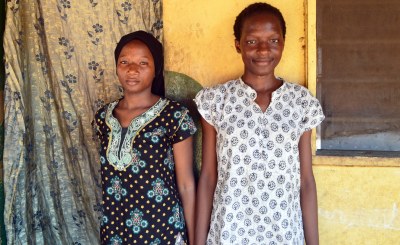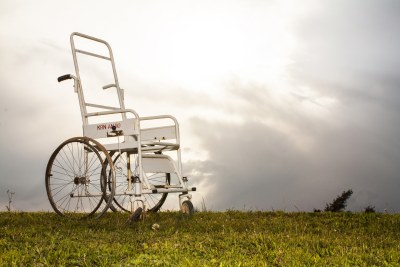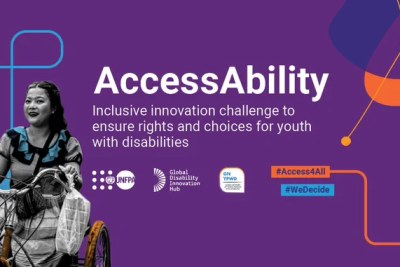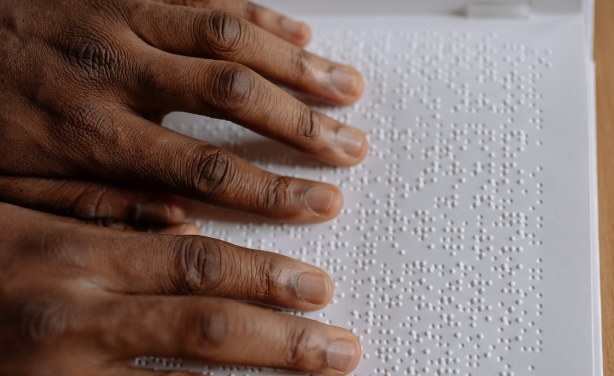-
Nigeria: Bridging the Healthcare Gap for Persons Living With Disabilities
Nigeria Health Watch, 27 September 2023
Editor's note: Developing a disability-inclusive healthcare system in Nigeria is critical to achieving Universal Health Coverage (UHC). In this Thought Leadership piece, Sonia… Read more »
-
Africa: Why Do Deaf Africans Struggle to Access Their Rights?
DW, 22 September 2023
While sign language is accepted as an official language in countries such as Uganda and South Africa, people who are deaf and hard of hearing still struggle with day-to-day… Read more »
-
Nigeria: Accelerating the Implementation of the NHIA Act to Improve Health Insurance Coverage in Nigeria
Nigeria Health Watch, 17 May 2023
The enactment of the National Health Insurance Authority (NHIA) Act in May 2022 has been lauded as a giant step towards addressing barriers to the achievement of Universal Health… Read more »
Bridging the Healthcare Gap for People With Disabilities
People with disabilities face multiple barriers when accessing healthcare, including communication barriers. This is a challenge because effective communication between healthcare professionals and their patients is critical to providing high-quality healthcare, writes Sonia Biose and Sunday Oko for Nigeria Health Watch.
In Nigeria, 7% of all household members over the age of five experience some level of difficulty in at least one functional domain, including seeing, hearing, communication, cognition, walking, or self-care. Meanwhile, 9.5 million Nigerians are deaf or hard-of-hearing and they may communicate using sign language or lip-reading. At the same time, those who are blind or visually impaired may depend on Braille, assistive technology, or human support for communication.
Unfortunately, these resources are often not available in health facilities, making accessing quality healthcare harder and perpetuating health inequality, write Biose and Oko.
InFocus
-
Inclusive education In the Oromia region has been hampered by political instability - according to Hiywot Samuel's new research titled "D Read more »
-
Four organisations, two of them in Africa who are working with young people with disabilities, are the winners of the first AccessAbility innovation challenge held by the United ... Read more »





